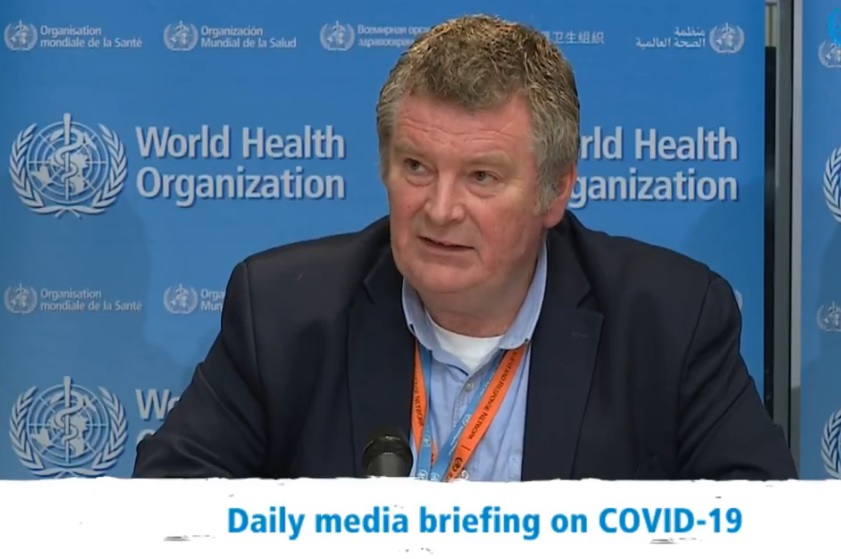|
With so much global concern and uncertainty about
the COVID19 outbreak, many airlines around the world have either
cancelled all their flights to China, or cut some and reduced
others.
This is mainly due to a lack of demand for those
flights, and allows airlines to use the aircraft on routes where
they are most needed.
Some countries have taken their response a step
further and issued travel advisories or simply banned anyone from
entering their country if that person has visited an ever-growing
list of cities and countries - mainly within South East Asia -
within the past 14 days, or so.
This in itself causes confusion and concern
amongst travellers, as they are unsure whether the current
regulations could change while they are en-route, away, or even as they
head home.

In its update of 17 February 2020, the UK
government, for
example, is
advising "anyone who has travelled to the UK from mainland
China, Thailand, Japan, Republic of Korea, Hong Kong, Taiwan,
Singapore, Malaysia or Macau in the last 14 days and is
experiencing cough or fever or shortness of breath, to stay
indoors and call NHS 111, even if symptoms are mild. These areas
have been identified because of the volume of air travel from
affected areas, understanding of other travel routes and number of
reported cases".
Most airlines have been very fair with their
cancellation policies, allowing travellers to change dates or get
full refunds, but with so many options available to travellers
today, simply cancelling one part of a journey may not be enough.
One lady I spoke to in north Wales recently, has a trip of a lifetime
planned for April to Thailand, Cambodia, Laos, Vietnam, Malaysia
and Singapore. Her journey involves numerous modes of transport
and different hotels in many cities within those
countries. According to her, Emirates airline has been extremely
supportive and flexible, others less so. Not being able to get
some of the trip cancelled or refunded is of course a concern, but
so is the developing situation and worry over what could change
with regards to the possibility of being quarantined at any stage
during the journey, or on her return. And then of course, there's
the question of travel insurance.
The World Health Organisation holds a press
conference to update global media about the COVID19 outbreak on an
almost daily basis. It is best place to get the most accurate
picture of what is happening, how the situation is developing and
where it could all be heading.
On Monday, one journalist called in to the press
conference to ask about
travel advisories and whether cruises should steer clear of areas
affected by the virus, in particular Asia.
In response, Dr. Michael Ryan, Executive Director, WHO Health
Emergencies Programme, said,
"We have a group of people saying that we should steer clear of
cruise ships, or steer clear of airports, or steer clear of
certain ethnic groups, and steer clear of oth ... There's zero
risk, in the world, for anything, but Sylvie mentioned is we need
an approach in place to manage risk that allows us to continue to
operate as a society while minimizing the risks that we know
about. And that doesn't matter if we are talking about travel, or
meetings, it doesn't matter if we're talking about cruise ships
... This is a very serious outbreak, and it has the potential to
grow, but we need to balance that in terms of the number of people
infected. Outside of Hubei, this epidemic is infecting a very
tiny, tiny, tiny proportion of people. So if we're going to
disrupt every cruise ship in the world on the off chance that
there might be some potential contact with some potential
pathogen, then where do we stop? We shut down the buses around the
world? And what happens when other countries are affected? Do we
take the same measures in that case? So we need to be extremely
measured in what we do. And everything we do needs to be based on
public health, it needs to be based on evidence, it needs to be
based on the principle that there is no such thing as zero risk."
You can watch the full press conference on twitter
here, or on pscp.tv
here
(both links open in a new tab). The WHO's 17 February 2020 update
on the COVID19 outbreak is available in .pdf
here.
See latest
Travel News,
Interviews,
Podcasts
and other
news regarding:
Coronavirus,
SARS,
nCoV,
COVID19,
Health.
|
Headlines: |
|
|
